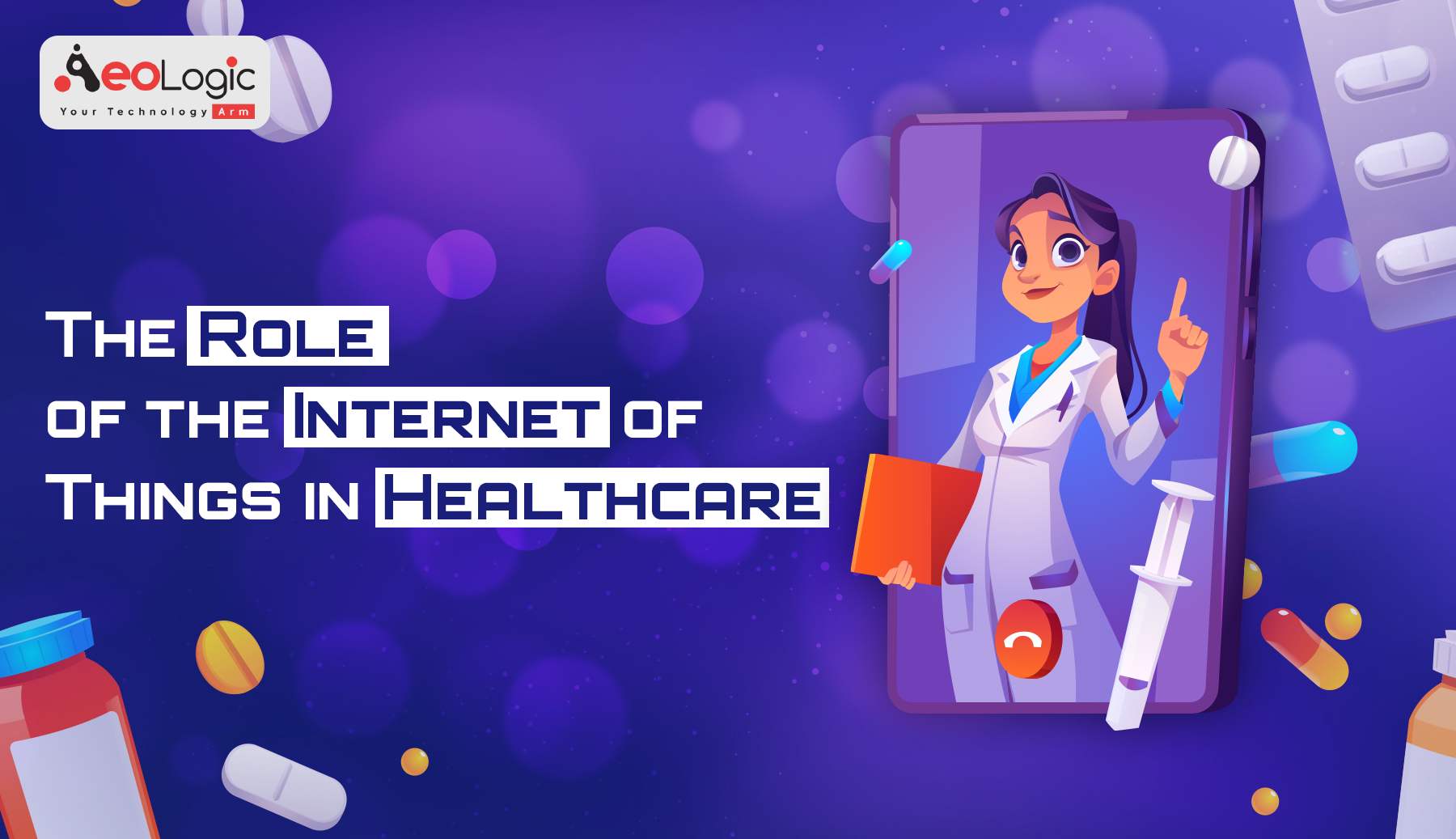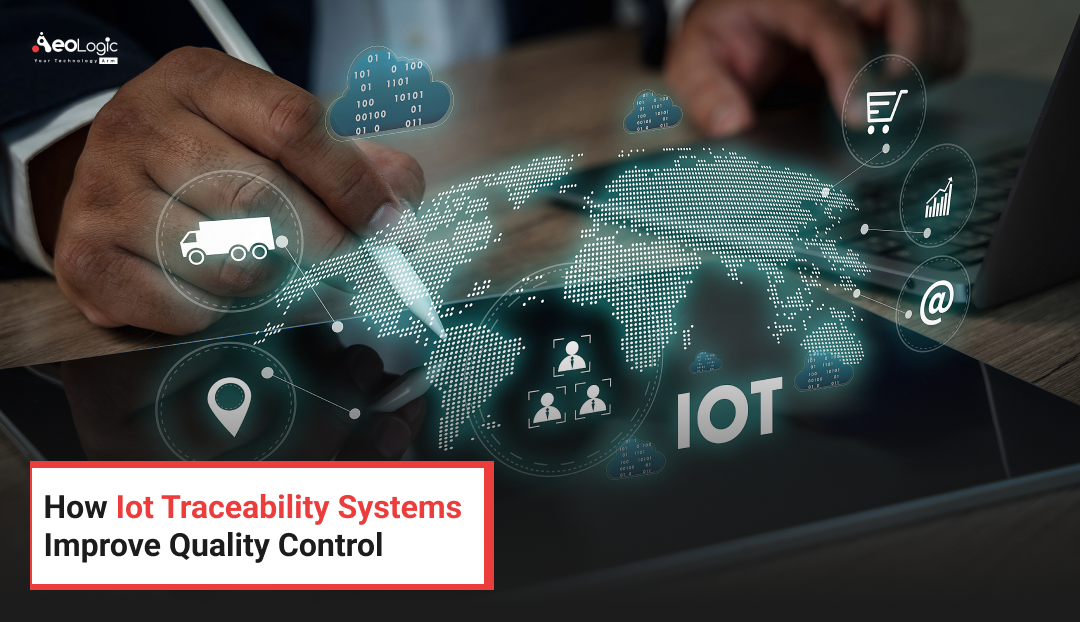The internet of things is revolutionizing healthcare as patients become more connected and generate more data, clinicians can identify and address their needs more efficiently than ever with the advances in data science and AI, the potential for personalized preventative care and other innovations is limitless.
Role of Internet of Things in Healthcare Industry
In this blog, we are discus the role of Internet of Things in Healthcare industry –
1) Remote Accessibility:
A healthcare system that is accessible to all at the comfort of your own home a system that utilizes beans a net of things allowing us to monitor our health share data with our care providers and alert others when we are in need. Embedding intelligent functionality into our homes would allow patients to be monitored around the clock. Built-in sensors track movements from inside the home alerting family or emergency services when needed.
2. Wearable technology:
Smart packaging can also be integrated with near-field communication, radio frequency identification (RFID), and other wireless-based applications. Data sharing would allow the monitoring of patient compliance reduce the need for repeat prescriptions and reduce waste. Wearable technology embedded into clothing could track a wide range of patient parameters and provide a conditional assessment, this technology has the potential to display invasive testing methods saving time and money.
3. Virtual Interactions:
In the present scenario where the whole world is dealing with coronavirus, the healthcare sector started conducting virtual visits and giving care to patients remotely. This has been done successfully with the help of the internet of things (IoT). The virtual healthcare facility is very beneficial to both the doctors and the patients.
4. Beneficial for Pharma:
Pharma is a very crucial part of healthcare, with an increase in the technologies in healthcare pharma has also got many benefits. The implementation of the internet of things (IoT) in pharma leads to prominent monitoring of machinery used in the production of medicines. Regular quality control checking these functions will reduce the wastages, costs and smoothen the production process.
5. Advance Treatment:
Advances in biotechnology are enabling the production of targeted medicines that can fit the needs of individual patients increasing success rates and reducing side effects and home treatments such as light therapy can offer a non-invasive solution for issues relating to skincare of balm ology and wound healing. Internet of things (IoT) enables real-time monitoring of glucose, heart rate, respiratory system, hand hygiene, depressions and moods, and many more. This real-time monitoring helps the patients phenomenally which results in building trust and image for particular healthcare providers.
6. Reduces the Expenses:
Either healthcare providers or patients all the facilities internet of things (IoT) give to healthcare be it wearable technology, virtual visits, remote monitoring, profound pharmaceutical production, solving monitoring issues of glucose, heart rate, depressions, moods, respiratory rate, skin temperature, etc results in reducing the costs compared to traditional approaches.
Conclusion:
To conclude we say that the healthcare industry is changing rapidly and becoming prominent day by day. The Internet of things enables smoothen machinery management, device management, cloud infrastructure management, and many more. By implementing technologies like the Internet of things (IoT) the system gives benefits to both healthcare providers and to the patients as well.

Manoj Kumar is a seasoned Digital Marketing Manager and passionate Tech Blogger with deep expertise in SEO, AI trends, and emerging digital technologies. He writes about innovative solutions that drive growth and transformation across industry.
Featured on – YOURSTORY | TECHSLING | ELEARNINGINDUSTRY | DATASCIENCECENTRAL | TIMESOFINDIA | MEDIUM | DATAFLOQ





